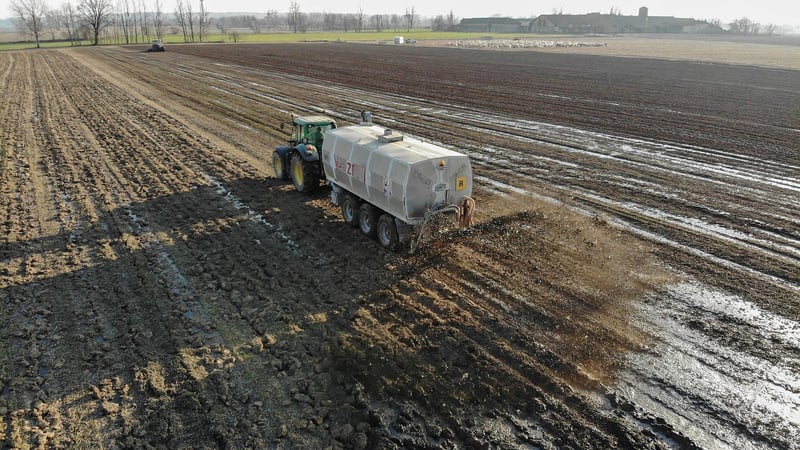Fertilization Methods
Guidance on Nurturing Plants and Fertilization Methods
Nurturing Plants
Plants are living organisms that require proper care and attention to thrive. Here are some essential tips for nurturing your plants:
1. Sunlight
Ensure your plants receive adequate sunlight according to their specific needs. Some plants require full sun, while others thrive in partial shade.
2. Watering
Water your plants regularly, but be cautious not to overwater them. Different plants have different watering requirements, so it's essential to understand the needs of each plant.
3. Soil Quality
Use high-quality soil that is well-draining and rich in nutrients. Consider adding organic matter to improve soil fertility and structure.
4. Pruning
Regularly prune your plants to encourage healthy growth and shape. Remove dead or damaged branches to maintain plant health.
Fertilization Methods
Proper fertilization is crucial for supplying essential nutrients to your plants. Here are some common fertilization methods:
1. Organic Fertilizers
Organic fertilizers, such as compost or manure, provide a slow release of nutrients to plants and improve soil quality over time.
2. Synthetic Fertilizers
Synthetic fertilizers are fast-acting and provide immediate nutrients to plants. However, they can lead to nutrient imbalances if not used correctly.
3. Foliar Feeding
Foliar feeding involves applying liquid fertilizer directly to the leaves of plants. This method allows for quick nutrient absorption by the plant.
4. Slow-Release Fertilizers
Slow-release fertilizers gradually release nutrients over an extended period, providing a steady supply of nutrients to plants.
By following these tips on nurturing plants and utilizing various fertilization methods, you can help your plants grow healthy and vibrant.

